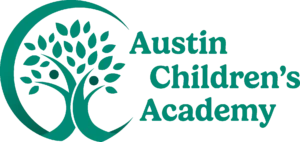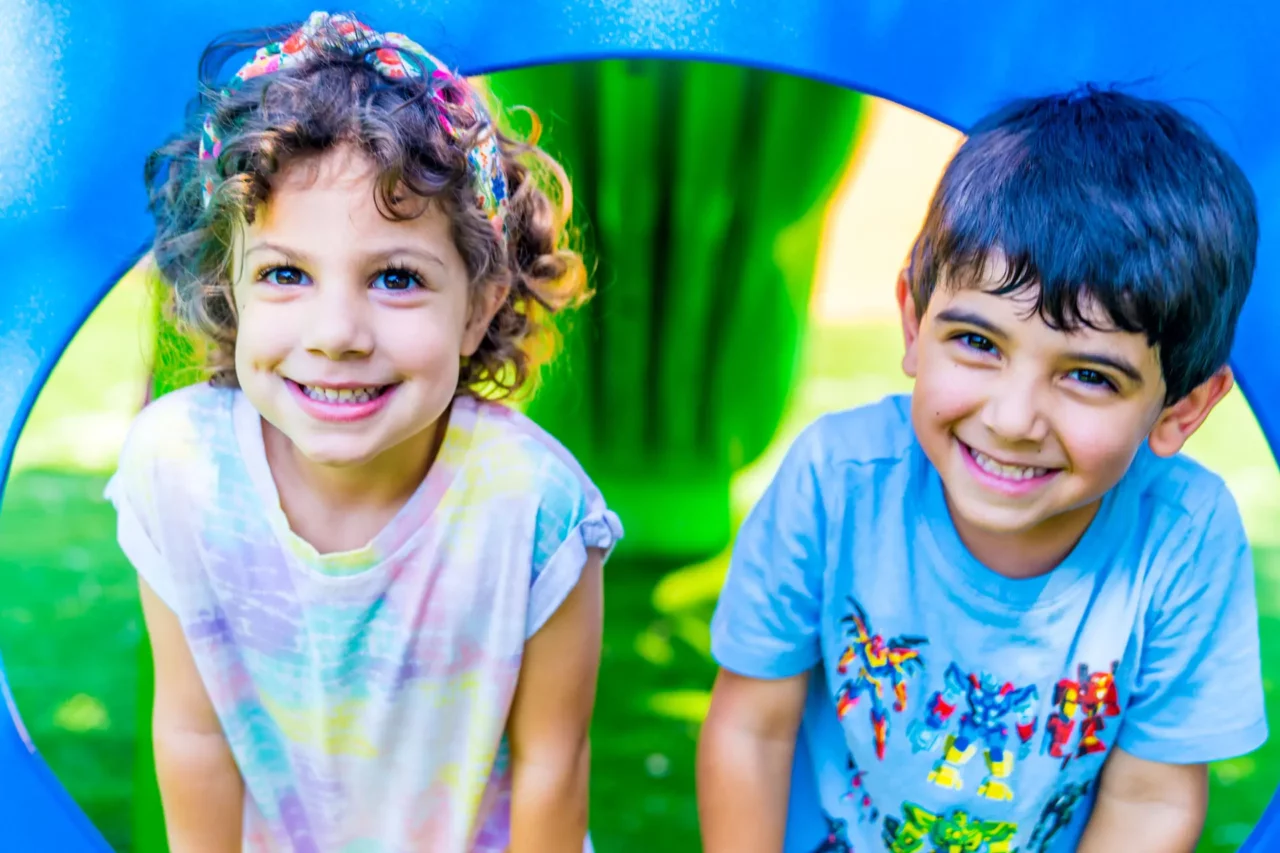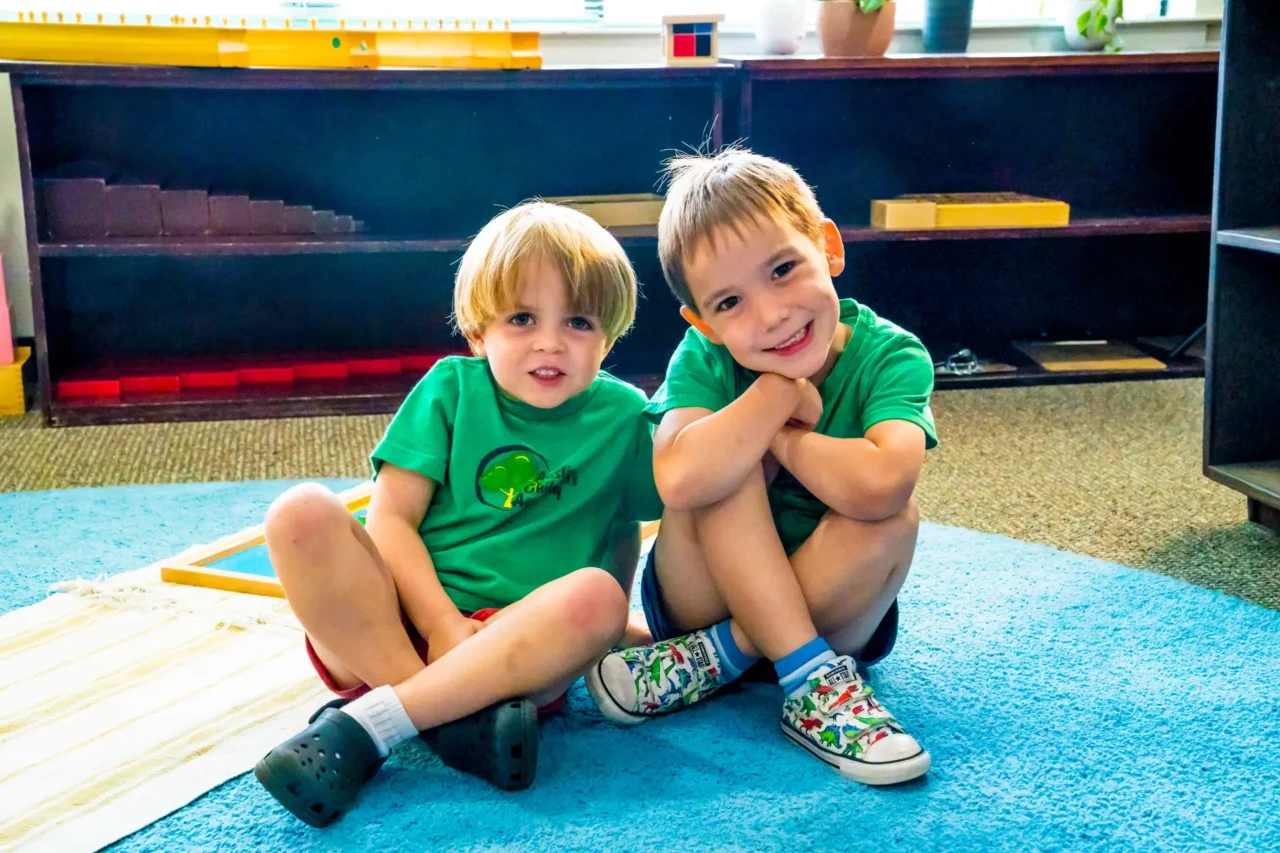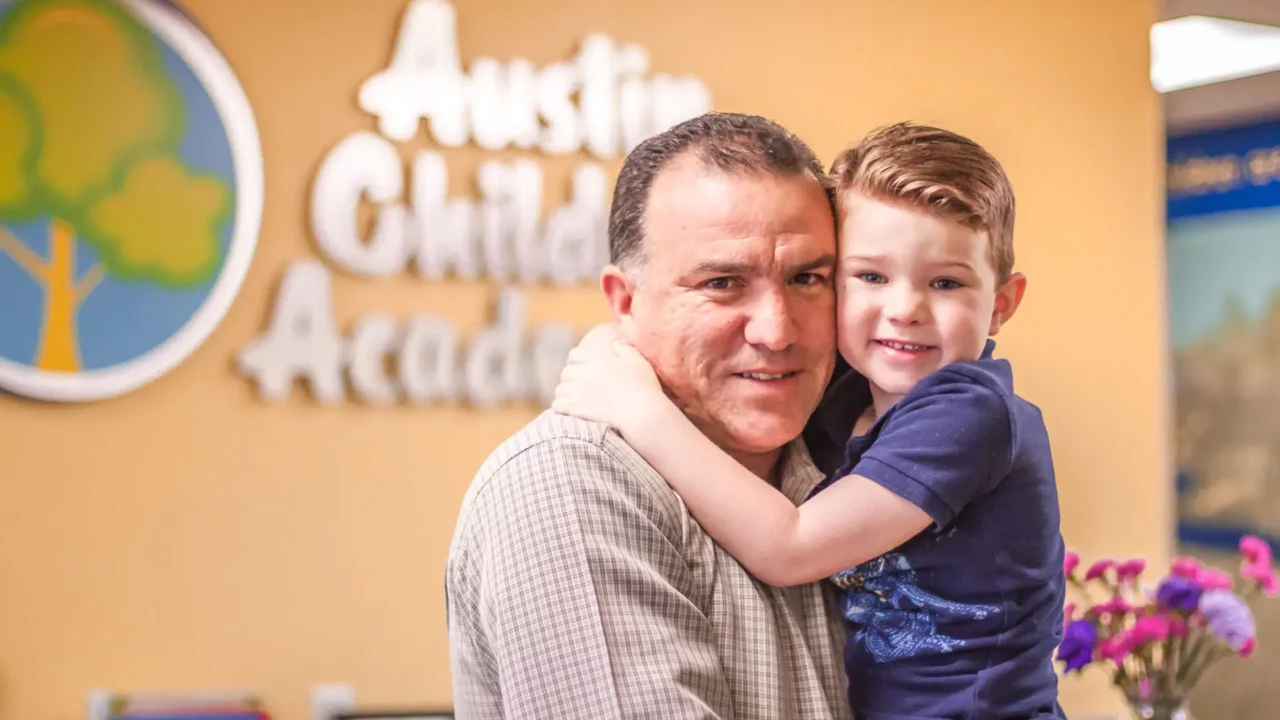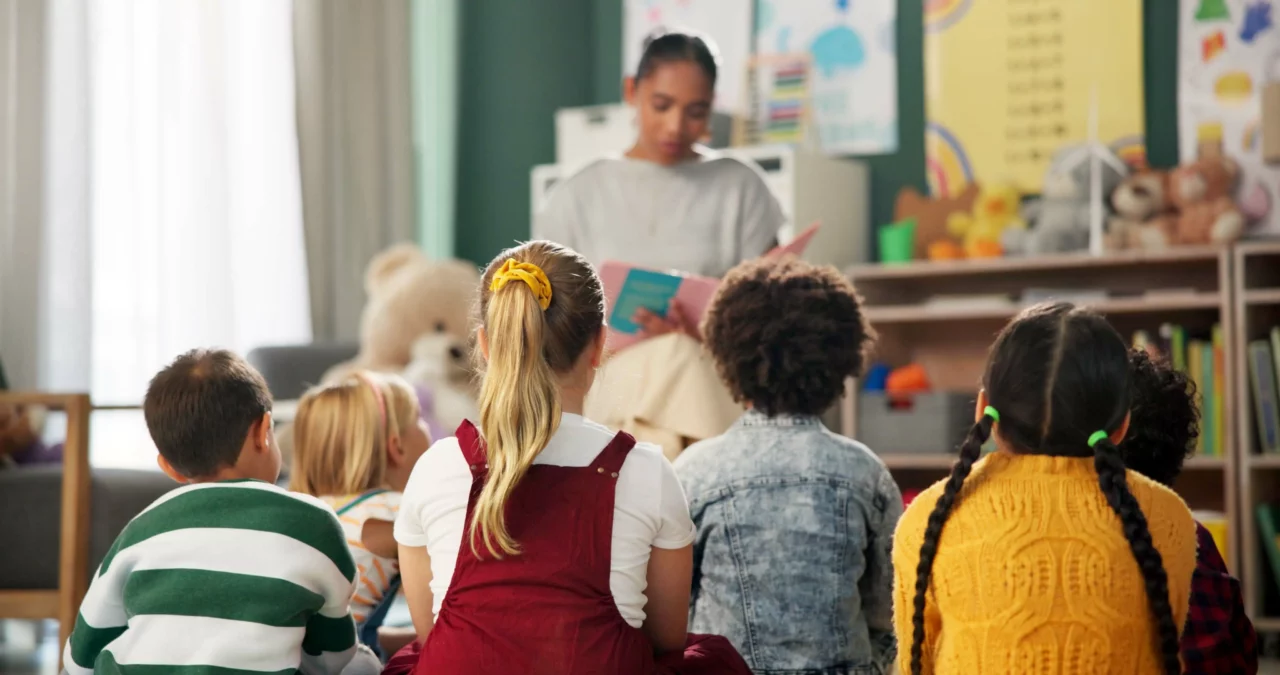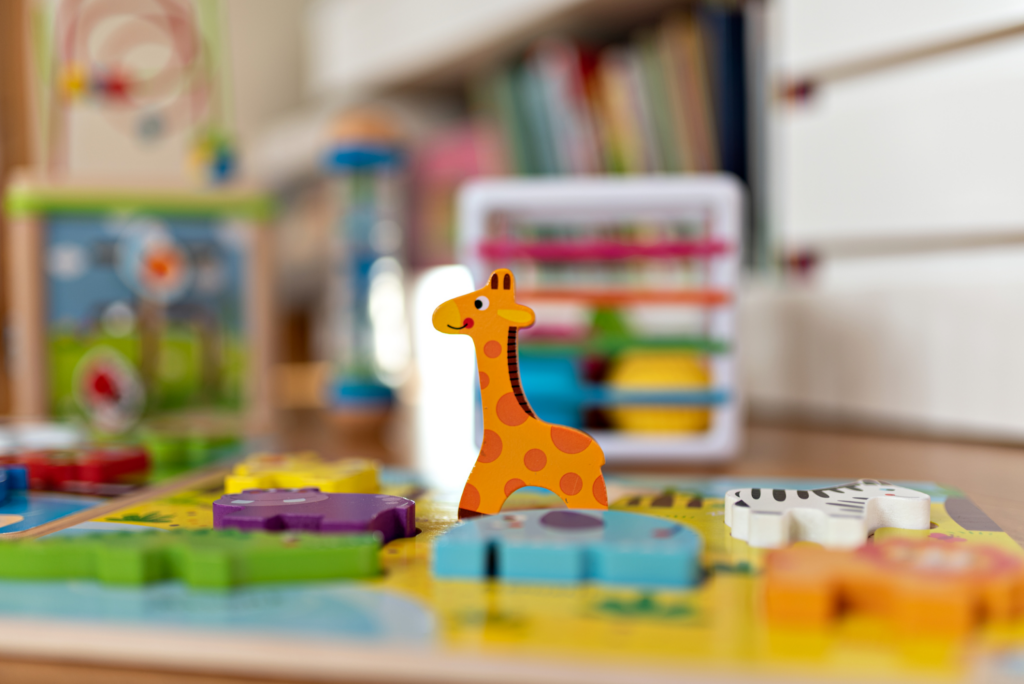
For developing young minds, inclusivity and personalized learning are paramount. Every child deserves the opportunity to thrive academically and emotionally, irrespective of their unique needs or challenges. Montessori schools have long championed these principles, offering a distinct approach to education that emphasizes diversity and tailors instruction to individual students.
In this blog post, we’re embarking on a journey through the Montessori philosophy as it pertains to supporting special needs students. We’ll talk about the harmonious coexistence of inclusivity and individualization within Montessori classrooms while shedding light on the various strategies and practices that empower students of all abilities to flourish in an environment that celebrates differences and nurtures potential.
Embracing the Montessori Philosophy of Inclusion
At its epicenter, Montessori education is predicated on the belief that each child possesses an innate potential that is waiting to be unlocked. In the context of special needs students, this philosophy has even greater significance.
Montessori classrooms are designed to be inclusive spaces where differences are not just accommodated but celebrated. In a typical Montessori environment, the traditional boundaries of age, grade, and ability dissolve, allowing special needs students to learn side by side with their peers. This inclusive approach fosters a sense of belonging and mutual respect in an attempt to break down harmful stereotypes and promote empathy among young students of all backgrounds.
Special needs students may benefit immensely from personalized learning plans tailored to their unique strengths and challenges. Montessori educators carefully observe each child and adapt materials and classroom activities to suit the needs of each child. This individualized approach ensures that every student can progress at their own pace, cultivating a deep sense of self-confidence and autonomy.
Furthermore, the Montessori environment is rich in sensory experiences, allowing special needs students to engage with their surroundings in ways that enhance learning. Whether it’s through tactile materials, movement, or sensory integration techniques, Montessori schools provide a safe and nurturing environment where students with special needs can develop essential life skills and greater academic proficiency.
Education that Meets Individual Needs
Skilled Montessori educators can identify and address each student’s unique strengths and academic needs, which is critical for supporting special needs students.
First and foremost, observation is at the heart of the Montessori philosophy. Educators carefully watch and assess students’ interactions with materials and peers. For special needs students, this means close attention to sensory preferences, learning styles, and areas where additional support might be required. This keen observation allows Montessori educators to personalize their approach and ensure that students are continually engaged and making progress.
Another key tool is the use of individualized learning plans (ILPs). Montessori educators oftentimes collaborate with specialists and parents to develop ILPs that outline specific goals, accommodations, and modifications for each special needs student. These plans serve as roadmaps for instruction, highlighting the areas where additional support or adaptations could be necessary.
Additionally, mixed-age classrooms facilitate peer learning and mentorship opportunities. Special needs students often benefit from the support and modeling of their peers, which can enhance social and academic development.
Montessori educators also maintain open communication with parents and specialists. Regular meetings help ensure that everyone remains informed and has an opportunity to provide input, creating a collaborative environment that optimizes support for special needs students.
Want to Learn More?
The Montessori philosophy of inclusion, coupled with an unwavering dedication to personalized learning, offers a remarkable pathway for supporting special needs students. By celebrating diversity, fostering individuality, and utilizing effective tools and proven strategies, Montessori educators create an environment where every child can flourish.
If you’re seeking an educational approach that champions inclusivity and tailors learning to your child’s unique needs, we invite you to connect with us at Austin Children’s Academy. Together, we can go on a transformative educational journey that empowers your child and sets them on the path to success. Contact us today to explore the possibilities and experience the power of Montessori education firsthand.
